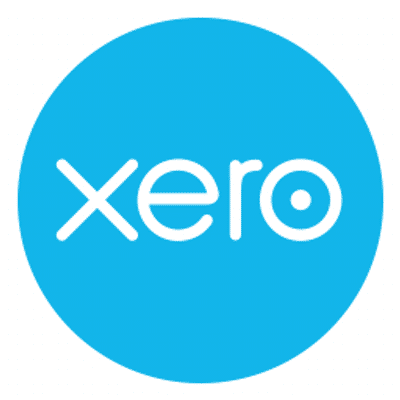Hermition is a Accounting Software. Hermition offers Tax Management, Spend Management, Purchasing, Project Accounting, General Ledger and many more functionalities.
Some top alternatives to Hermition includes Quickbooks, Xero, Freshbooks, Sage Accounting (Sage One) and Glean AI.
No, Hermition doesn't provide API.
No, Hermition doesn't provide mobile app.
Hermition is located in London, England
Hermition offers Subscription pricing model
The starting price is not disclosed by Hermition. You can visit Hermition pricing page to get the latest pricing.







/logo_1622728934.296577.png)







